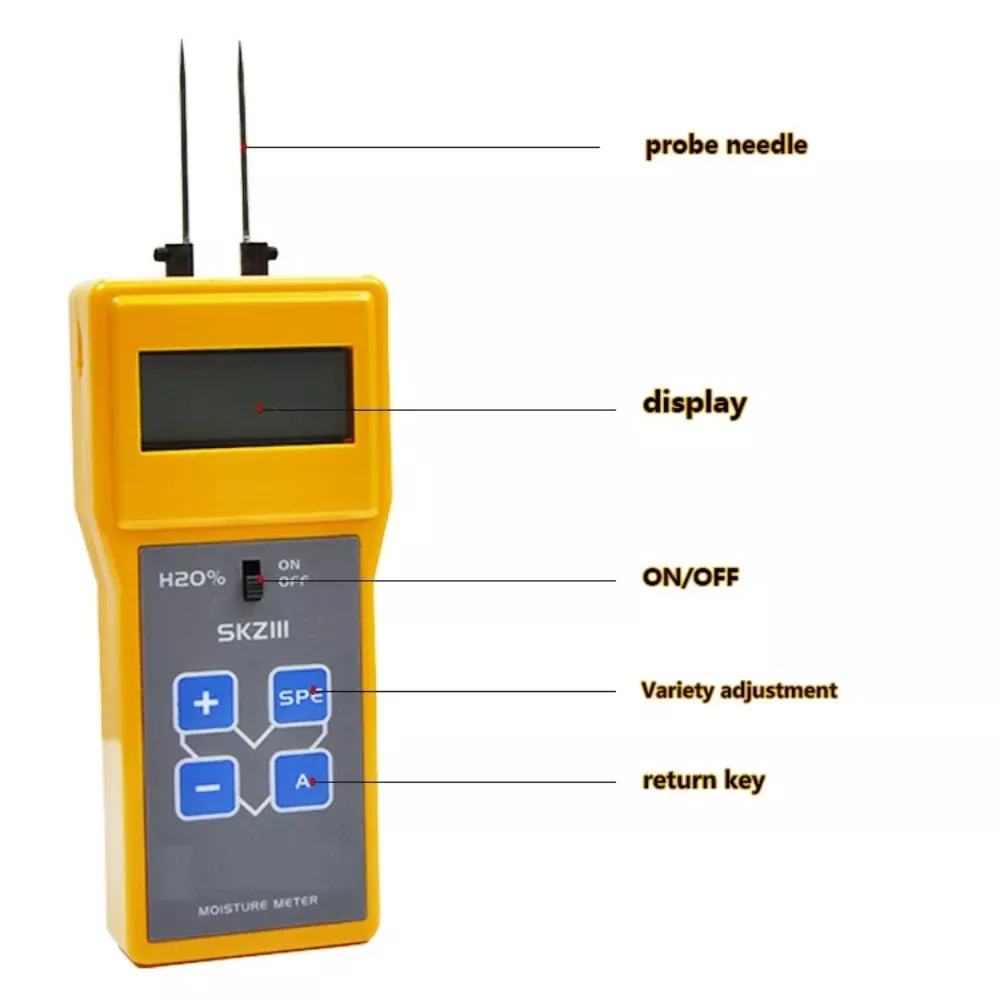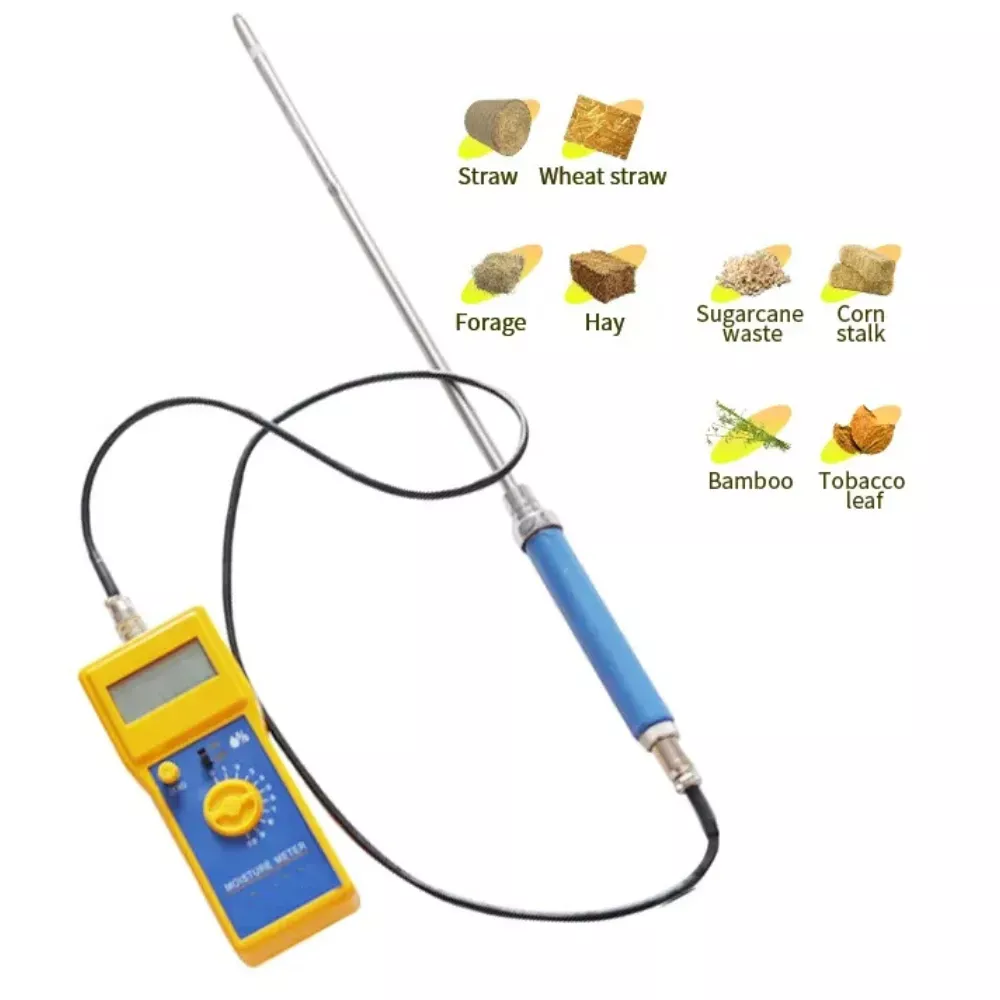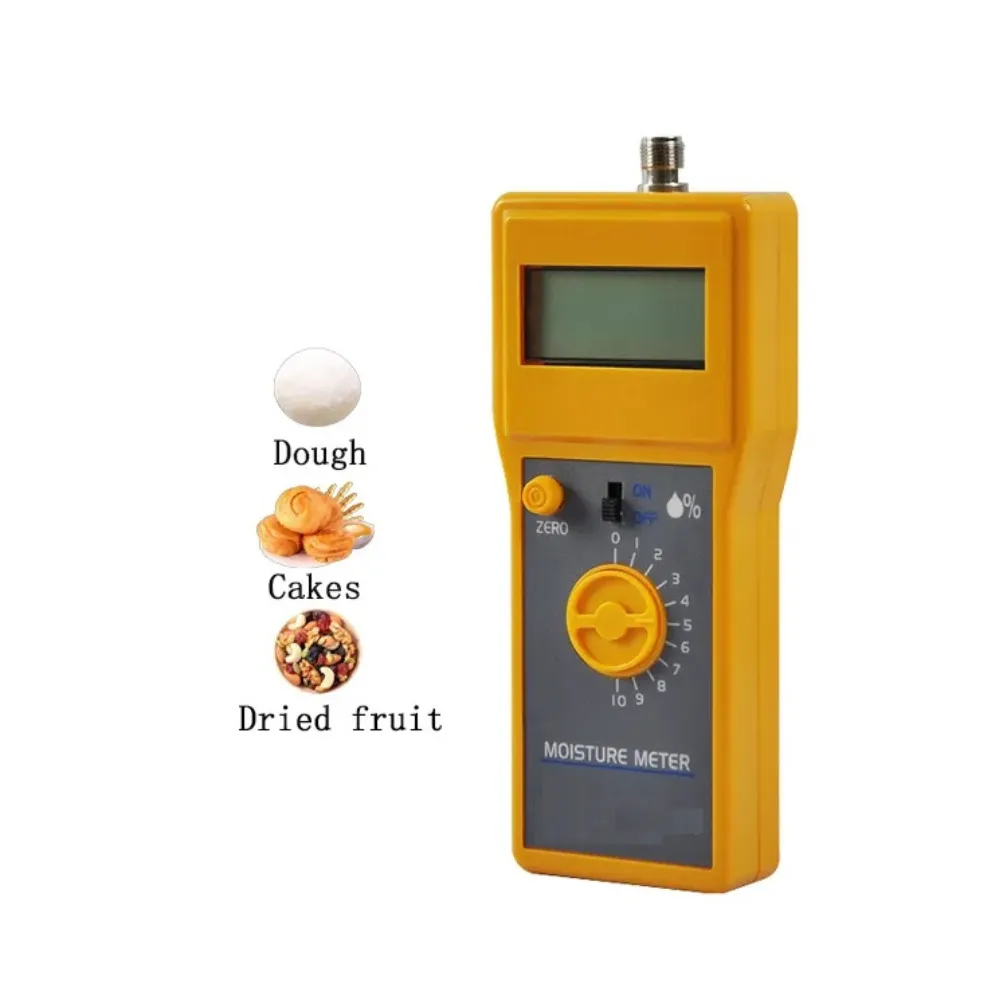
Additional Resources About Moisture Meters in Dehydrated Food
Table of Contents
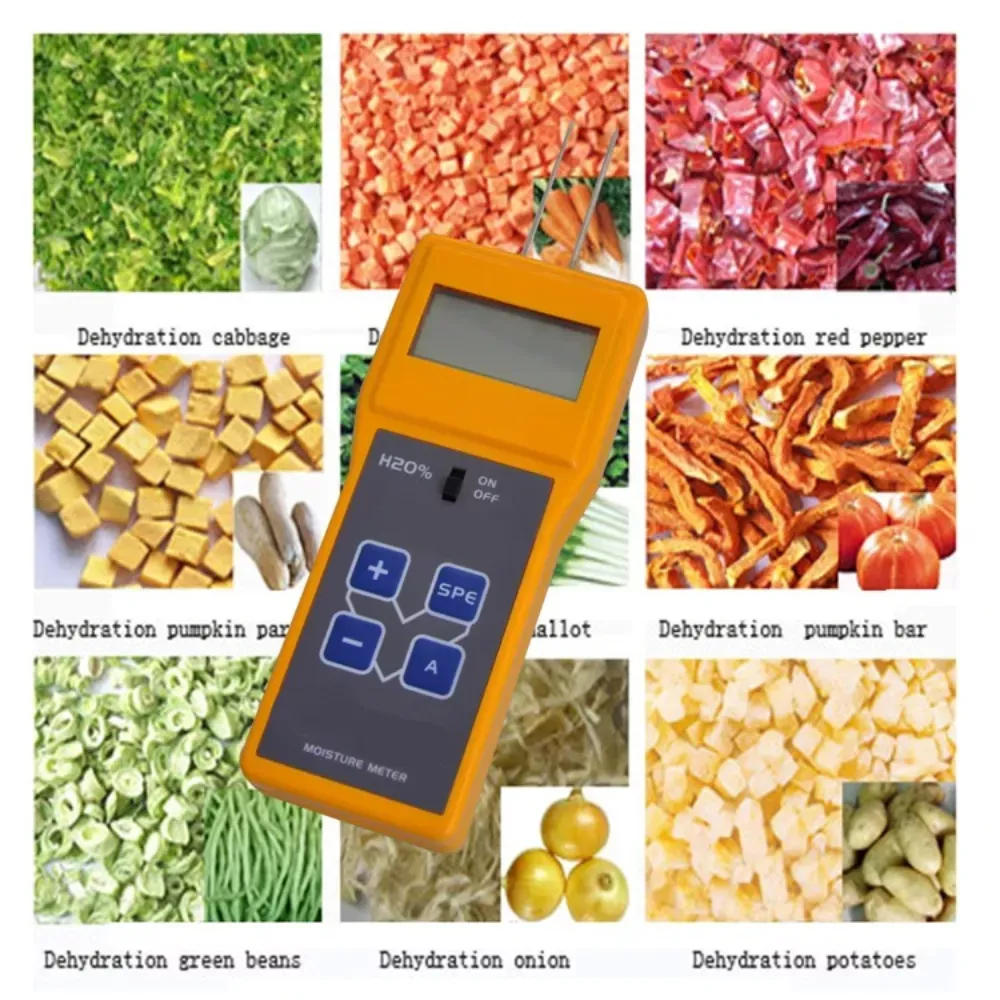
To enhance understanding and selection of appropriate moisture meters for dehydrated food, utilizing research guides created by subject librarians can be invaluable. These guides often provide a curated list of encyclopedias, books, and databases pertinent to the topic, aiding in the initial research phase. Resources like Credo Reference Unlimited and Gale Virtual Reference Library can also offer comprehensive overviews and introductions that may lead to more specialized academic literature.
Engaging with professional associations related to food technology or agricultural science is another effective way to stay informed about the latest advancements in moisture measurement techniques. Subscribing to industry-specific publications and online forums can provide insights into best practices and emerging technologies. Attending conferences and workshops can further enhance knowledge and networking opportunities within the field, ensuring that practitioners remain current on industry standards and innovations.
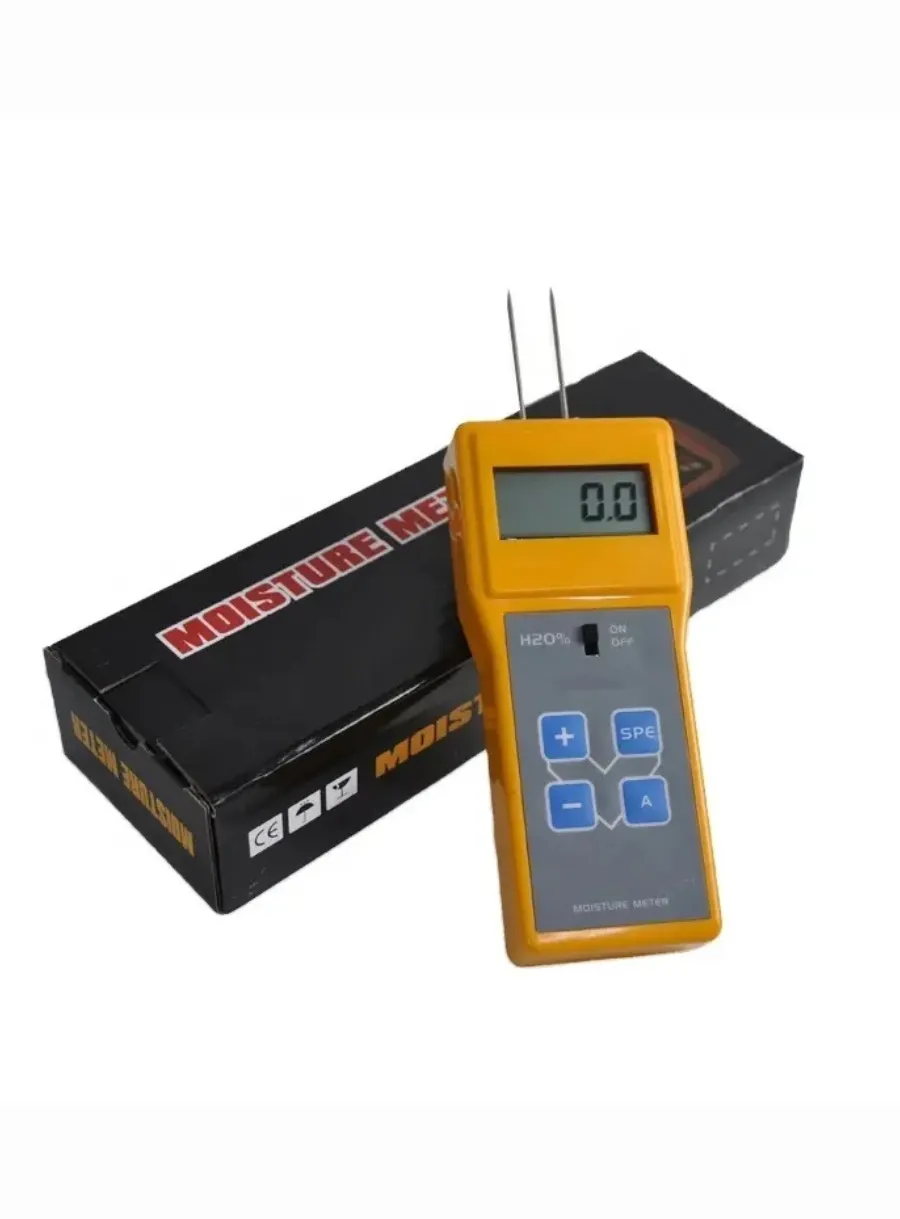
Continuous professional development is crucial for maintaining expertise in moisture measurement. Online courses and certification programs can offer advanced training in calibration technologies and methodologies relevant to moisture meters. Additionally, leveraging resources such as academic writing toolkits can streamline the process of documenting research findings and practices, ensuring accuracy and relevance in scientific communication.
For practical applications, maintaining accurate documentation of moisture meter calibration and performance is essential. This involves gathering historical data, including maintenance records and calibration dates, to ensure reliability and efficiency in future usage. Effective documentation practices support ongoing research and development in moisture measurement, facilitating improvements in techniques and technologies.
Exploring scholarly articles, particularly in the context of food sciences, can reveal significant research on moisture content analysis in dehydrated foods. Identifying complex research questions is vital for fostering academic inquiry and producing consequential findings. A well-formulated research question can guide the development of a thesis and the selection of appropriate methodologies for exploring moisture measurement technologies.
Comments
Tags
Frequently Asked Question
Enhanced user interfaces with touchscreens and mobile app connectivity will allow remote monitoring, historical data tracking, and alert systems, contributing to more informed decision-making in food preservation and storage.
Advanced data analytics capabilities will enable users to analyze moisture content trends over time, informing drying techniques and storage conditions to ensure product quality and consistency in the dehydrated food market.
Continuous learning, through online courses and certification programs, helps maintain expertise in moisture measurement by providing advanced training in calibration technologies and methodologies, ensuring professionals stay up-to-date with the latest developments.
Accurate documentation of calibration and performance, including maintenance records and calibration dates, ensures reliability and efficiency in future usage. It also supports ongoing research and development, facilitating improvements in moisture measurement techniques and technologies.

